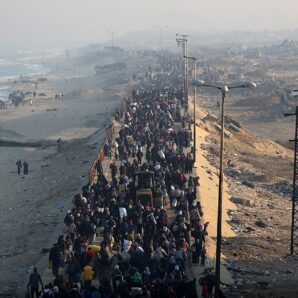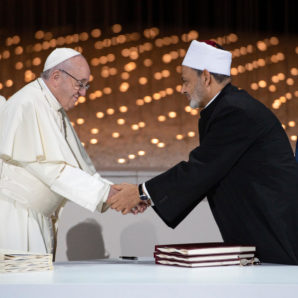
Racialized Asylum, Moral Inversion, and the Erosion of Refugee Norms: The Case of White Afrikaner Resettlement in the United States
When refuge becomes the privilege of the powerful rather than the shield of the vulnerable, we are not merely distorting the ideals of humanitarianism, we are dismantling them.
Read More →
When refuge becomes the privilege of the powerful rather than the shield of the vulnerable, we are not merely distorting the ideals of humanitarianism, we are dismantling them.
Read More →



